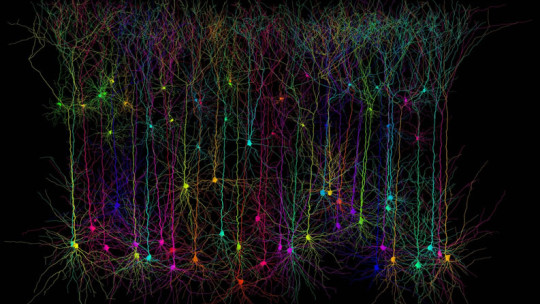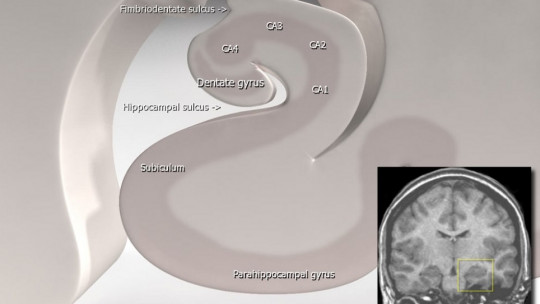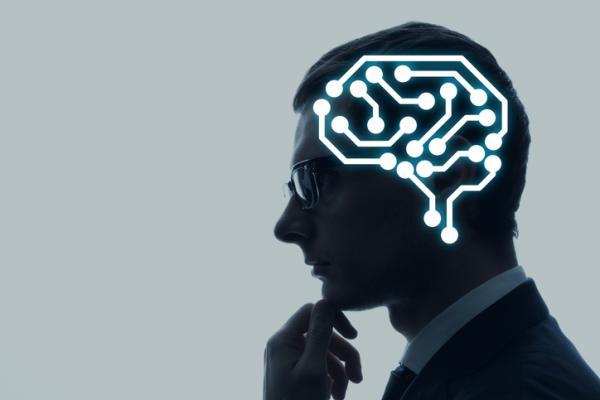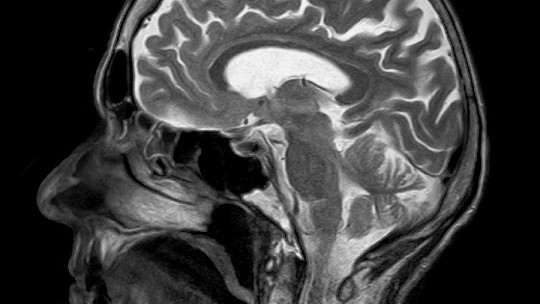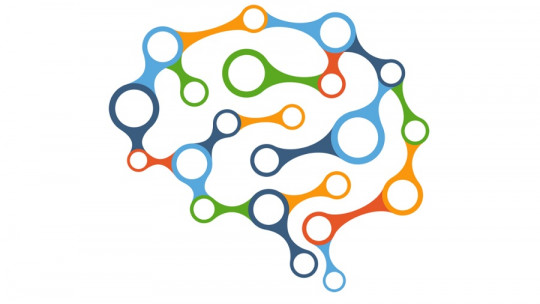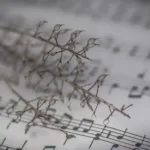What do we know about the memory ? Is everything we memorize the result of a conscious process? What types of memory are known? Let’s see a brief explanation to better understand these issues.
What is memory?
From a neuropsychological perspective, Memory could be defined as the cognitive function that allows us to store content in our mind after having carried out a process of encoding information When we remember, we are evoking stored content, that is, everything we have memorized.
But memory does not refer only to the past since it is also related to the present and the future, because thanks to it we know who we are or what we are going to do based on what we know. You could say that thanks to her we formed a identity .
Are all memory processes conscious?
Many of the associations, facts, learnings, etc. that we store in our memory are not conscious. Memory is a capacity of which many aspects are still unknown. At the moment, two main types of memory are considered: declarative memory (conscious) and non-declarative (unconscious), which, in turn, encompass various types of memory.
The declarative or explicit memory is all that knowledge that we can bring to mind and that we can remember in a way conscious and voluntary Declarative memory, in turn, encompasses many other types of memories, one of them is instant memory. short term , which is responsible for the immediate memory of something we have just perceived (for example, remembering a telephone number), the drawback is that, as we have seen, it fades quickly and is very sensitive to interference. On the other hand, we have memory long term involved in personal experiences and specific events with a temporal-spatial reference (episodic or autobiographical memory) and the general culture knowledge that we have (semantic memory).
This type of conscious memory usually appears impaired in neurodegenerative processes such as dementia, in which the person may not remember situations, places, objects, people, etc., that before the deterioration they remembered perfectly.
However, memory is not only a process of which we are aware, but there is also a type of unconscious memory.
Non-declarative memory and implicit memory
The non-declarative memory either implicit memory is one that is governed by some involuntary and non-conscious mechanisms storage. Evocation is carried out through perceptual-motor acts that require attention but are not directly accessible to consciousness, that is, knowledge is only accessible through the execution of a procedure in which knowledge has been impregnated. , unlike explicit memory, of which we can declare its content consciously and voluntarily.
Procedural memory
Generally, memorization and learning through unconscious memory is a process that is internalized with practice and requires time, unlike declarative memory, in which learning is usually rapid and a single trial may be sufficient. Let’s look at an example of this, specifically the procedural memory ; Suppose we want to learn to drive a car, every time we practice taking the car the connections between neurons in that motor area will be reinforced and these skills will be recorded in a non-conscious way, the same will happen to us if one of the things we want to learn is to park, we will realize that with practice we will do that same action but in a faster and more skillful way. We can find this type of memory in thousands of everyday events, such as making a potato omelet, dancing samba, or simply typing on the mobile phone.
Another very interesting type of implicit memory is the well-known classical conditioning since it is common to make unconscious associations and learning, such as associating a smell with a person or a sound with a memory, a fact that will cause positive or negative emotions when involuntarily remembering said experience.
It is surprising to see that people who have suffered amnesia (partial or total memory loss) keep their implicit memory preserved. This fact is due to the fact that implicit memory is stored in different structures than those used by declarative memory, which is governed mainly by the hippocampus
For the moment, and as a conclusion, we can think about the existence of a great variety of memories, conscious and unconscious, and that many of the things we remember, such as the most remote memories, do not have a single store. but, once consolidated, they are distributed throughout the cerebral cortex depending on the degree of consolidation and the type of information processed.

